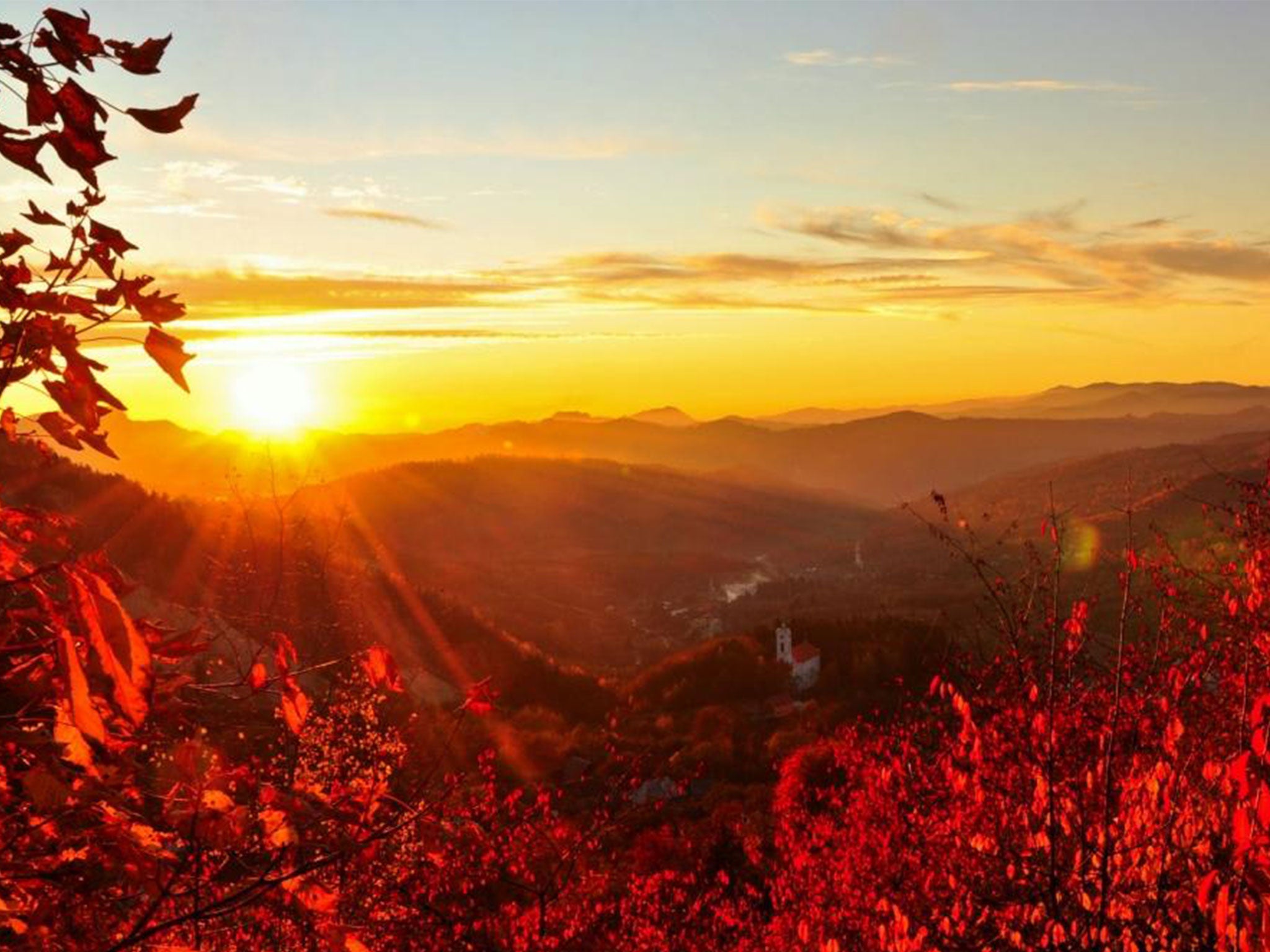Rosia Montana: Campaigners celebrate court ruling over Canadian mining company's plans to build gold mine in Europe

Your support helps us to tell the story
From reproductive rights to climate change to Big Tech, The Independent is on the ground when the story is developing. Whether it's investigating the financials of Elon Musk's pro-Trump PAC or producing our latest documentary, 'The A Word', which shines a light on the American women fighting for reproductive rights, we know how important it is to parse out the facts from the messaging.
At such a critical moment in US history, we need reporters on the ground. Your donation allows us to keep sending journalists to speak to both sides of the story.
The Independent is trusted by Americans across the entire political spectrum. And unlike many other quality news outlets, we choose not to lock Americans out of our reporting and analysis with paywalls. We believe quality journalism should be available to everyone, paid for by those who can afford it.
Your support makes all the difference.Environmentalists have won an important court ruling this week against a Canadian mining company that wants to create Europe’s largest gold mine in the ancient Romanian village of Rosia Montana.
Over a planned 16-year period the contentious mining project was set to reap 314 tonnes of gold and 1,500 tonnes of silver, flatten four mountain tops, allegedly expropriate hundreds of families, and leave behind a waste lake containing 215 million cubic metres of dammed water containing cyanide – a toxic chemical commonly used in the process of gold extraction.
However, CEO and president of Gabriel Resources, Jonathan Henry, said in a statement earlier this year: “We remain committed to our goal of building one of Europe’s most modern mines in Rosia Montana, developed in full compliance with Romanian and European Union legislation, using the best available practices and sympathetic to the cultural heritage of the area.” The mining company has also argued that job creation would be positive for Rosia Montana, and that the contribution of revenue from the project would be beneficial for the state.
The critical environmental document required by the foreign miner Gabriel Resources’ to embark on its plans to create the open-cast gold mine in the Romanian village – was annulled in court this week – causing an eight year regress for the company, which is seen as a huge set-back, and a victory for campaigners against the project.
Sibiu Regional Environmental Protection Agency (REPA) had issued an environmental permit in 2011 for the ‘Zoning Plan for the Industrial Development Area of [Rosia Montana Gold Corporation]’, despite NGOs contesting the entire environmental procedure from the early stage of information provided in the report.
Prior to the three Romanian NGOs Alburnus Maior, The Independent Centre for the Development of Environmental Resources and Save Bucharest, seeking a lawsuit in 2006 contesting the absence of an Environmental Impact Assessment (EIA), Romanian environmental authorities considered the planned mine did not need an EIA, as they claimed the mine would not have significant environmental consequences.
NGOs and environmentalists who requested an EIA be carried out for the planned project countered this statement.
Campaigners in Romania against the planned metals mine have been highly critical of the project, claiming the potential for environmental damage outweighs any forecasted economic benefit.
Rosia Montana is home to Europe’s largest gold deposit, and also some of the world’s most extraordinary Roman mine galleries, and fear of losing some of these artifacts to a supposed lunar-landscape also struck a chord with activists.
Campaign groups are calling for the historical area to be granted Unesco World Heritage status.
Gabriel Resources’ will not obtain the valuable go-ahead from the Ministry of Environment, in the absence of an EIA for the zoning plan and the existence of a valid environmental pass, which is essential for legally conducting the environmental permitting procedure, and thus the metals extraction.
Further bad news for the mining company came in court this week as an appeal to lift the suspension of a key Archaeological Discharge Certificate of the area’s richest and largest mountain, Mount Carnic, was rejected. The initial suspension was issued in January this year.
Eugen David, resident of Rosia Montana and President of NGO Alburnus Maior, said: “The courts always cancel the permits received from the authorities. Cyanide surface mining at Rosia Montana has become the obsession of an isolated small group of politicians and a [mining] company.”
Thus far, this saga has prompted protests in the global Romanian community, with up to 30,000 people marching the streets of Bucharest in September last year in opposition to the mine, with mirrored fervour in up to 75 cities worldwide.
This huge setback for Gabriel Resources’ is the latest in a string of events spanning over 14 years, which has seen NGOs and some sections of civil society in Romania take on a fierce battle to hold to account the government and the company’s plans for the proposed project.
The Canadian miner have so far spent £300m on the project.
Join our commenting forum
Join thought-provoking conversations, follow other Independent readers and see their replies
Comments